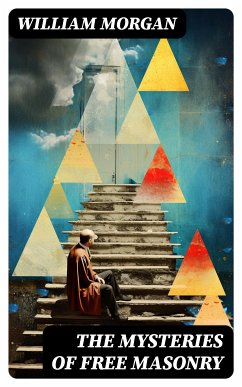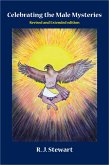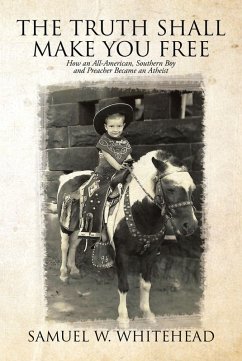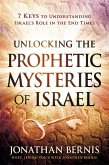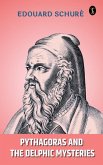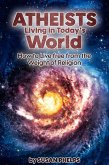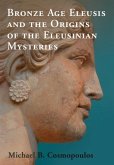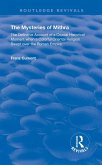In 'The Mysteries of Free Masonry,' William Morgan delves into the enigmatic world of Freemasonry during the early 19th century, employing a straightforward yet compelling narrative style. The book offers a critical examination of the rituals, symbols, and philosophical underpinnings associated with Masonic practices, positioning itself within a broader discourse on secret societies and societal ethics of the time. Morgan's work is not merely an exposé; it reflects the tension between Enlightenment ideals and the mysterious allure of esoteric traditions, making it a significant text for understanding the cultural landscape of the period. William Morgan, an American stonemason, became profoundly intrigued by the secrecy surrounding Masonic practices after becoming a member himself. His personal experiences and disillusionments prompted him to reveal what he believed were the concealed truths and contradictory doctrines of Freemasonry. Tragically, this quest for transparency culminated in his mysterious disappearance, adding a layer of intrigue and danger to his narrative, which continues to fascinate scholars and laypeople alike. This book is an essential read for anyone interested in the intersections of secrecy, power, and philosophy in early American history. Morgan's revelations challenge readers to consider the role of secrecy in shaping societal morals and underscores the enduring legacy of Freemasonry in American culture.
Dieser Download kann aus rechtlichen Gründen nur mit Rechnungsadresse in A, B, BG, CY, CZ, D, DK, EW, E, FIN, F, GR, H, IRL, I, LT, L, LR, M, NL, PL, P, R, S, SLO, SK ausgeliefert werden.

